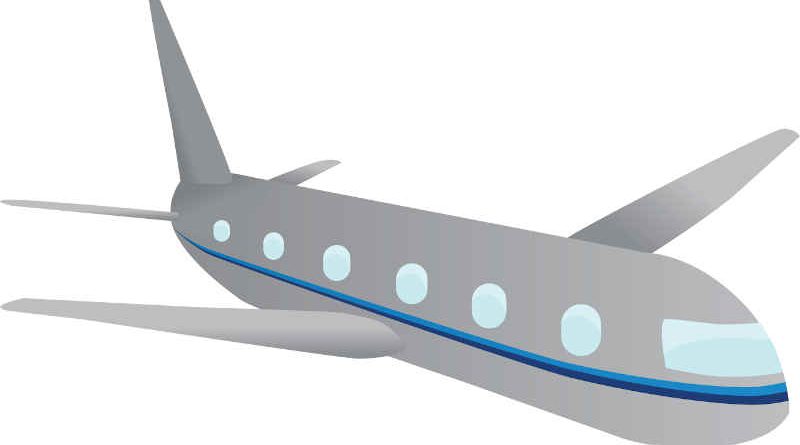U.S. Issues Travel Advisory for International Travel During Covid-19

The Department recommends international travel insurance with coverage for Covid-related trip cancellation and medical benefits.
The U.S. citizens who choose to travel internationally should be aware that they may face unexpected challenges related to Covid-19 as they attempt to return to the United States or attempt to travel from one overseas location to another.
In a travel advisory issued on December 30, the U.S. Department of State suggests that the U.S. citizens who do choose to travel internationally should make contingency plans, as they may have to remain in a foreign country longer than originally planned, which will be at their own expense.
The Department recommends international travel insurance with coverage for Covid-related trip cancellation and medical benefits. In general, Medicare and Medicaid do not cover overseas medical costs.
The Department of State’s Bureau of Consular Affairs provides country-specific information and advice regarding Covid-19 on each U.S. Embassy’s website. It updates these resources whenever it receives new information, and encourages U.S. citizens to review Travel Advisories and U.S. Embassy Covid-19 information pages before travel. U.S. citizens should also enroll in the Smart Traveler Enrollment Program (STEP) for regular updates and follow TravelGov on Twitter, Facebook, and Instagram.
Before boarding a flight to the U.S., all air travelers aged two and older, regardless of nationality or vaccination status, are required to show documentation of a negative viral test result taken within one day of the flight’s departure to the United States, or documentation of recovery from Covid-19. This includes U.S. citizens and lawful permanent residents (LPRs).
In addition, some countries have imposed other travel requirements. These may include quarantine on arrival, mandatory Covid-19 testing requirements, proof of vaccination, travel restrictions, and closed borders. Some countries have also imposed travel restrictions requiring mandatory quarantine for those testing positive on departure, which could delay a traveler’s ability to travel to another country. Foreign governments in any country may implement restrictions with little notice.
U.S. citizens planning to travel overseas or currently overseas and planning to return to the United States should also contact their airline for specific information about testing requirements for travelers. Airlines may adopt and modify their own specific policies to implement the CDC’s testing rule.
💛 Support Independent Journalism
If you find RMN News useful, please consider supporting us.




